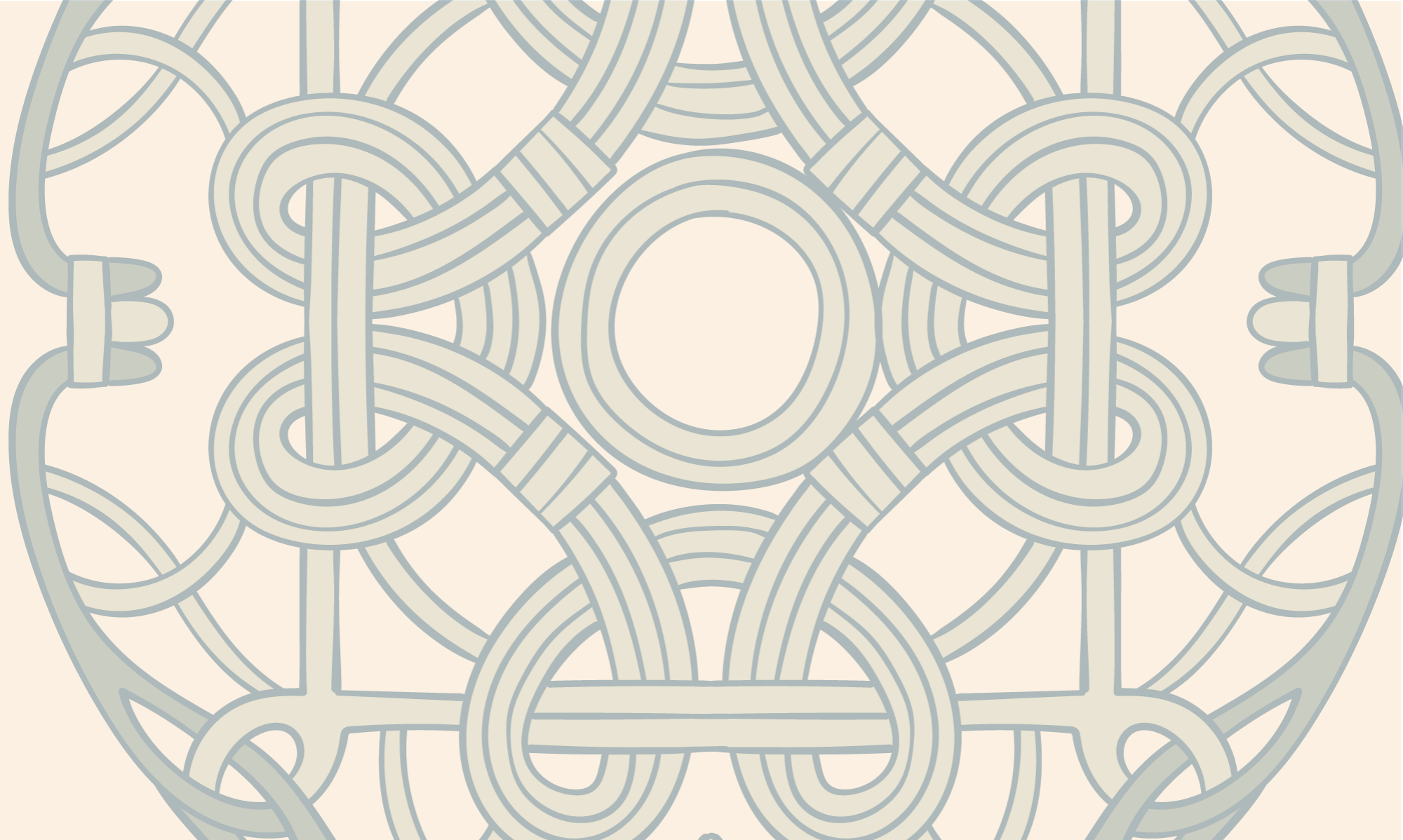a mobility of illusory forms immobilised in space, remobilised in air: a past which possibly had ceased to exist as a present before its probable spectators had entered actual present existence
James Joyce, Ulysses, episode 17

References:
Greenblatt, Stephen, et al. 2009. Cultural Mobility: A Manifesto. Cambridge: Cambridge UP.
Department of Foreign Affairs. 2024. “Ireland celebrates tenth anniversary of largest ever EU Enlargement.” https://www.dfa.ie/our-role-policies/our-work/casestudiesarchive/2014/ april/ tenth-anniversary-eu-enlargement/
Joyce, James. 1986 [1922]. Ulysses. The Corrected Text. Ed. Hans Walter Gabler et al. London: Penguin.
Richmond, Oliver P., and Mac Ginty, Roger. 2019. “Mobilities and peace,” Globalizations, 16:5, 606-624, DOI: 10.1080/14747731.2018.1557586
Gazing at the stars, Leopold Bloom ponders how they represent “a mobility of illusory forms”. He recognises that what is perceived as constant may be an illusion, only momentarily immobilised from the viewpoint of the observer, at a moment of time when the object of his observation may have already ceased to exist. This is in tune with Stephen Greenblatt’s observation that “one of the most characteristic powers of a culture is its ability to hide mobility that is its enabling condition” (2009, 252). Moving from the cosmic to a more down-to-earth scale, this begs the question how various social, national and cultural forms are perceived as immobile, fixed or permanent, and how they can, are, or should be re-mobilised, re-formed or even re-moved.
Being a modern incarnation of both Odysseus and the wandering Jew, Bloom himself is a paradigmatic exemplification of human mobility, and of modern, fluid identity, shaped by being constantly on the move, while firmly declaring himself as Irish. When in 2004 the EU expanded to include ten new member states, their accession stimulated massive mobility across the newly shared space. This has transformed Ireland in an unpreceded way. According to the Irish Ministry of Foreign Affairs, Irish export to the countries of Central and Eastern Europe exceeds that to China and Brazil combined. Each year an estimated number of 138,000 tourists come to Ireland from Central and Eastern Europe, while migrants from the newly accessed countries now amount to 5% of the Irish population, with Polish being the second most spoken language, after English (DFA 2024). Following another of Greenblatt’s postulates that “mobility studies should identify and analyze ‘contact zones’” (2009, 251) we invite reflection on where and what cultural (and other) goods are exchanged in this traffic.
The recent Covid pandemic has made us ponder mobility and stability in yet another way. Stuck at homes, people responded to the restrictions of mobility in different ways, ranging from anxiety, depression to relief and appreciation of domestic life. Hence, “mobility studies should account in new ways for the tension between individual agency and structural constraint” (Greenblatt 2009, 251). The war in Ukraine has brought about further challenges in this respect. Oliver P. Richmond and Roger Mac Ginty draw attention to how “an increasingly visible set of mobilities has implications for how peace and conflict are imagined and responded to” and put into question such seemingly fixed categories as “borders and the state that are predicated on territorialism, centralized governance, and static citizenship” (2019, 606). Their observations have evident implications not only for the understanding of globalisation, but on a local scale, for the notion of Irishness. This is also tied with the physical, infrastructural, and political conditions of movement: transportation systems and means of transport, available routes, roads and passages, as well as entailed costs. These can be studied in terms of economics, political sciences, history, and cultural representations.

Institute of English Studies at the Jagiellonian University in Kraków
& Polish Association for Irish Studies
are organising a conference that invites papers to reflect on mobility from the angle of various disciplines engaged with Irish Studies, including literary and cultural studies, translation studies, theatre, film and visual studies, history, political, economic and social sciences. Possible topics include, but are not limited to:
- Ireland and the Irish beyond borders: mobility and migrations, restrictions and regulations of mobility
- visible, invisible, fixed or mutable borders
- Irish studies as a site of transborder encounters and cultural importations/exportations
- displacement, dislocation, dispersion, diaspora
- mobility and stasis, adaptability and rigidness
- Ireland, technology and mobility
- history of transport, traffic, mobility, and tourism
- social mobility, cultural mobility, student mobility
- mobility, mutability, and changeableness of forms in Irish literature, music, and the arts
- literature and mobility: translations of Irish literature, translation in Ireland
- Irish and Central-European literary, theatrical and cultural exchanges
The following scholars have accepted our invitation to address the conference as plenary speakers:
- Professor Eve Patten, Director of the Trinity Long Room Hub Arts and Humanities Research Institute, Trinity College Dublin
- Dr Alice Lyons, poet, novelist and lecturer at the Yeats Academy of Arts, Design & Architecture at Atlantic Technological University (ATU) Sligo
- H.E. Ambassador of Ireland to Poland Patrick Haughey
- Evelyn Conlon and Sean O’Reilly, novelists, short story writers and essayists
Proposals for twenty-minute papers to be delivered in English or Polish are welcome on any aspect of the conference theme. All abstracts (max. of 300 words) must contain:
- the title of the proposed paper
- 3-5 key words
- discipline/disciplines
- the name of the author
Please, attach also a short bio note (ca. 100 words) and contact information (institutional affiliation, mailing address and email address).
Proposals for panels and round table discussions are also welcome. Abstracts should be submitted by 15 July 2024 to the following e-mail address: irish.studies.conference@uj.edu.pl
Notifications of acceptance will be sent by 21 July 2024.
The conference fee:
- PAIS members – (discount fee) – 430 PLN
- non-PAIS participants (standard fee) – 550 PLN
- doctoral and graduate students (reduced fee) – 400 PLN
Participants are requested to make their own travel and accommodation arrangements.
Registration is open from 17 June till 10 September at: http://conference.pais.edu.pl/registration/
The conference will be held on 11-12 October 2024 at the Jagiellonian University in Kraków, al. Mickiewicza 9 and other locations in the city centre.
The PAIS conference is committed to the principles of equality, diversity, and inclusion.
Academic committee:
dr hab. Katarzyna Bazarnik, prof. UJ
dr hab. Rafał Borysławski, prof. UŚ
prof. dr hab. Leszek Drong, UŚ
dr Katarzyna Gmerek, UAM
dr Joanna Jarząb-Napierała, UAM
prof. dr hab. Wawrzyniec Konarski, AFiB Vistula
dr hab. Bożena Kucała, prof. UJ
dr hab. Michał Lachman, prof. UŁ
Prof. Gerard McCann, Ph.D., St Mary’s College, Queens University Belfast
dr hab. Beata Piątek, prof. UJ
dr hab. Władysław Witalisz, prof. UJ
Organising committee:
dr hab. Katarzyna Bazarnik, prof. UJ
dr hab. Bożena Kucała, prof. UJ
dr hab. Beata Piątek, prof. UJ
dr Izabela Curyłło-Klag
dr Ewa Kowal
dr Katarzyna Biela (conference secretary)
mgr Justyna Kiełkowicz (conference secretary)
mgr Anna Klimek (conference secretary)

